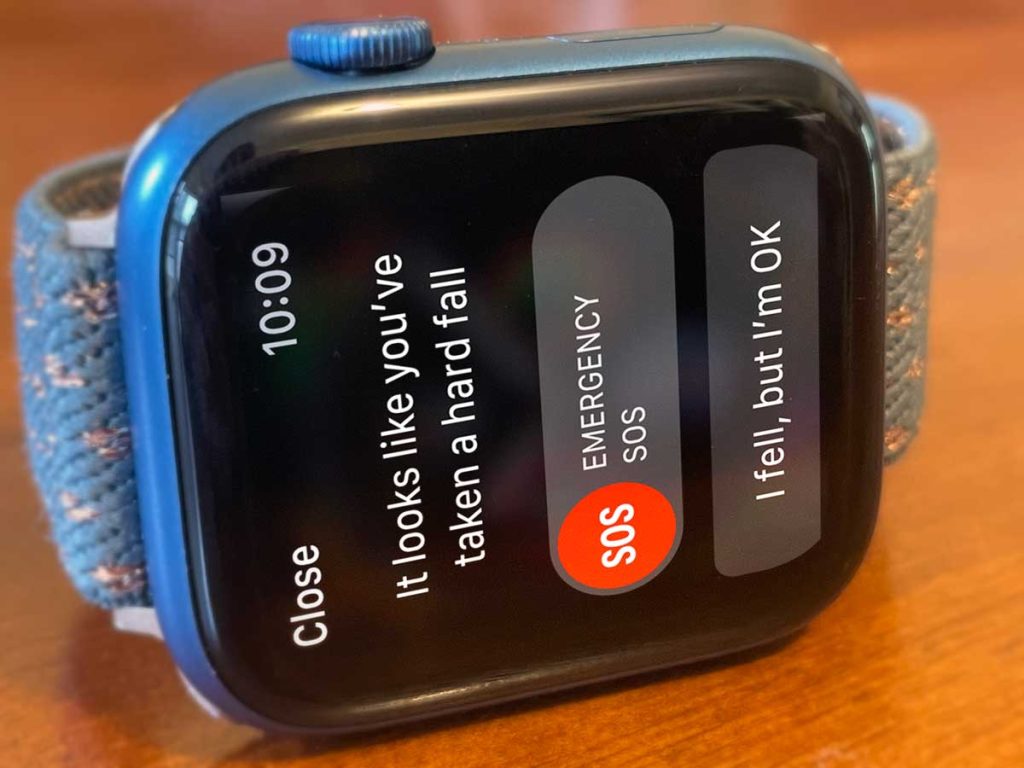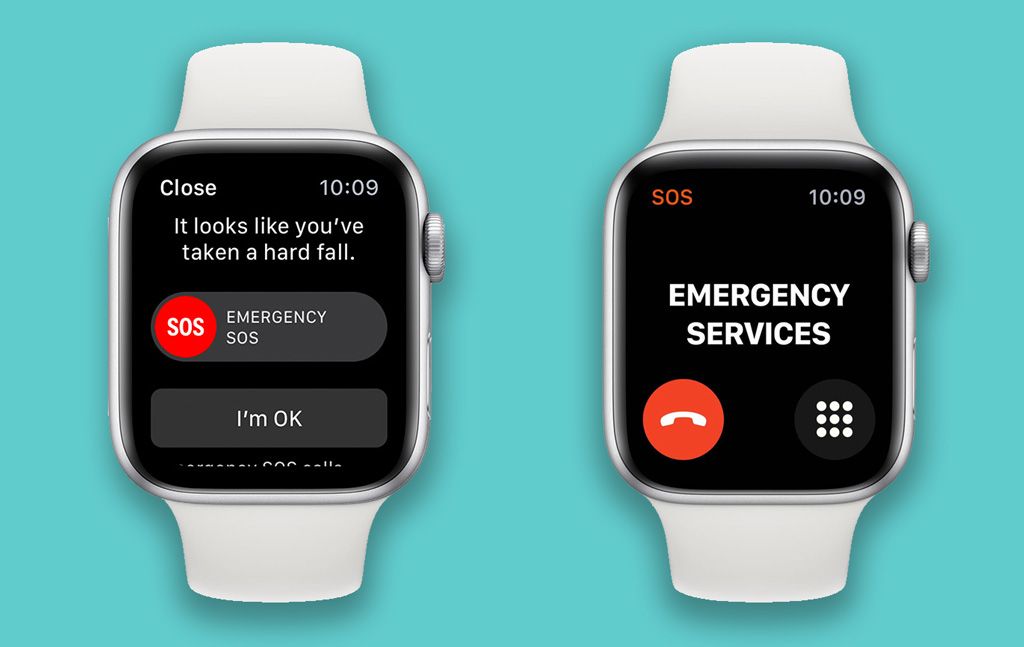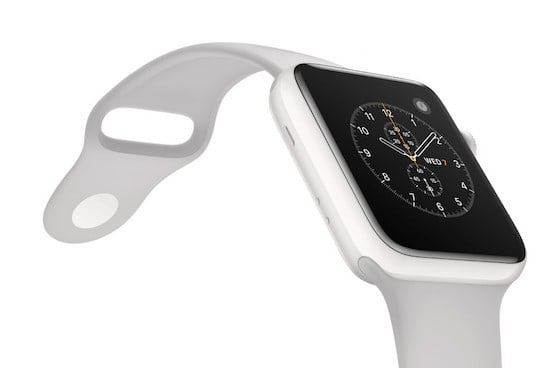What does it mean to age gracefully?
Most senior citizens have learned that the only thing constant in life is that life is constantly changing. Yet, no one wants the changes that come with growing older; declining health, declining mobility, and, too often, declining mental ability.
Perhaps aging gracefully means taking life as it comes without fear but with confidence, adapting when possible, changing when necessary, and realizing when it can neither be changed nor adapted to, but facing it head-on.
Contents
- 1 How can technology help senior citizens?
- 1.1 This report identified six areas in that technology could assist aging persons
- 1.2 What are tech companies doing to support the aging population?
- 1.3 There are many advantages for seniors to learn how to use smart devices
- 1.4 If the advantages outweigh the disadvantages, which device is best for seniors?
- 2 There are specific steps that you can take to help seniors learn how to use smart devices
Related reading
- The one iPad and iPhone feature every senior should use now, according to Dr. Tommy Korn, MD
- 14 of the best wearables and services for seniors and elderly folks
- How to set up and use an Apple Watch for parents or an older adult in your care
- The best apps for older adults to manage their medications and supplements
- 5 best apps for older adults with osteoporosis or osteopenia
How can technology help senior citizens?
In today’s world, emerging technologies aim to help older Americans maintain their independence and cope with some of the changes that aging brings.
We believe that no one is ever too old to learn something new, particularly when it can make their lives better or easier. And we aren’t alone.
The National Science and Technology Council even drafted a report, Emerging Technologies to Support an Aging Population, outlining how current and developing technology can support continued independence for our seniors.
This report identified six areas in that technology could assist aging persons
- Activities of independent living: technologies that support health and wellness, including good nutrition, hygiene, and medication management.
- Cognitive skills: technologies that help older adults monitor changes in their cognition and technology-based systems to help them maintain financial security.
- Communication and social connectivity: tech that supports relationships, such as video/audio calling and other technologies that connect older adults with friends, support organizations, and relatives.
- Personal mobility: technologies that assist people in moving safely and easily throughout their homes and communities.
- Access to transportation: tech that includes things like ride-share services, vehicle modification, and safe and easy access to public transportation
- Access to healthcare: technologies that coordinate and align care.
What are tech companies doing to support the aging population? 
Technology companies like Apple, Fitbit, and Samsung continue to provide and develop innovative devices and applications, providing older members of society with new ways of monitoring their health, fitness, and other aspects of their lives.
Smart devices, like mobile phones and smartwatches, also help aging people maintain independent and connected lives.
They no longer have to worry about being alone or being a bother to their children and grandchildren. With a little determination and a little training, seniors can master the use of modern technology and make it work for them.
There are many advantages for seniors to learn how to use smart devices

Almost everyone has at least one smart device, and most children can outmaneuver any adults in using them.
When seniors know how to use smart devices and many of the apps available, it provides a common ground for seniors, their children, and grandchildren.
Seniors no longer will feel so left out because of their lack of knowledge on the subject but can enjoy sharing with family and friends about their own experiences with their own devices.
Seniors who know how to use smart devices can communicate more meaningfully and enjoyably with family and friends.
Whether it is a simple phone call, Facetiming or Zooming with a grandchild, or downloading an emailed video of a school play, grandparents can actively be a part of and enjoy family events, even when they cannot attend in person.
As seniors age and their health declines, it is difficult for them to be as active as they would like. 
Just going to the grocery store can be difficult for them. Seniors can enjoy greater freedom and independence by making purchases online without having to leave home or rely on someone else to help them. Smart devices make that possible.
There are numerous game and activity apps to improve cognitive ability. Word games, crossword puzzles, and similar apps help the senior’s mind stay active and alert. Online newspapers and magazines keep them informed.
With all the advantages of smart devices, there are some disadvantages.
The primary one is cybercrime.
Seniors who are limited in experience and knowledge are more likely to be targeted by scammers.
Another disadvantage is that trends in smart devices often change within six months, making it difficult for seniors to stay on top of changes and updates to apps they use.
In addition, as their health declines, seniors may have more difficulty using a device that was once easy to operate.
If the advantages outweigh the disadvantages, which device is best for seniors?
That choice depends on the senior and their physical and mental abilities. iPhones are marvelous in just how versatile they can be.
Not only for the traditional purpose of telephoning family and friends to chat, but iPhones also have other functions that seniors can utilize to help them stay connected with people.
With so many apps available, seniors can monitor their health and finances and enjoy a crossword puzzle or stay up on the news or even enjoy a movie.
However, iPhones and other mobile phones have small screens, which can be a problem for seniors with sight problems. In this case, the iPad and similar tablets may be a better choice.
The iPad screen is at least twice as large as the iPhone and is better for seniors with poor eyesight. However, it is heavier, which could pose a problem. In addition, it is not a telephone and could become just another device to keep up with.
One of our favorite products for seniors is the Apple Watch. Our own grandparents love it and find that it’s a great addition to their technology products. In particular, the features that monitor health and wellness are particularly appreciated.

The Apple Watch can even contact specific contacts when there is an emergency or if the watch detects a fall.
By tapping its alert button, Alert by HelpAround will send a text message to all contacts telling them the person’s location in need and will then initiate a conference call between all parties. It will even call 911 when there is an emergency.
Please take a look at our top wearable recommendations for seniors: 14 of the best wearables and services for seniors and elderly folks
There are specific steps that you can take to help seniors learn how to use smart devices
One of the first things to consider is their physical abilities and limitations.
Declining eyesight, diminished motor skills, and other limitations will determine which device best suits the senior.
Another consideration is how quickly they learn a task
Repetition is key in learning new things and mastering them, but it is also good to know just how the seniors learn, whether they are visual learners, tactile learners, or a combination.
Then, direct your teaching toward their method of learning.
However, you may not be the best person to teach the senior. Perhaps, you have no patience or have little time for the task. You may opt for a tutor.
After making these determinations, you can determine which apps and functions would be most useful or fun for them.
It can be a hard choice to decide among all the many apps available. Some can be downloaded to either the iPhone, iPad or other tablets/mobile phones, while others may have a separate version of each app.
The interests and needs of seniors should be the basis for determining which apps they should master
After a selection is made, proceed slowly. Do not overwhelm the senior who is just beginning to use a smart device with too much all at once.
Let them learn something simple to build their confidence and then advance to more complex items. Be patient and repeat the steps as often as necessary.
This is a new world for the senior who has never ventured beyond using a cell phone. Proceeding before they adequately know how to use the device or the app can be a hindrance and discouragement.
Passwords should be noted or written down and stored in a location that the senior can easily remember and retrieve.
As the senior becomes accustomed to the device and mastered one or two apps, it is time to explore other applications.
The market is full of apps that target senior citizens and their unique needs and interests.
Many of these apps are free or with a minimal fee to download
- Pillboxie is an app that helps seniors with health issues by reminding them what medication to take and when.
- HeartWise Blood Pressure Tracker records and tracks change in blood pressure and heart rate.
- For the music lover, there is Pandora, just one of many.
- Scrabble and Wurdle are just two of the many word games available.
- Luminosity is great for mental acuity for the young and old alike. Netflix and Hulu are apps for television and movie lovers.
- The Weather Channel and ACCU Weather can keep seniors informed on weather conditions.
- Good Read and Kindle are just two of the many great apps for senior bookworms.
- Who would not enjoy Google Earth and be able to explore places they have never been to or revisit places from the past?
- Lastly, Facebook provides seniors with a way to stay in contact with family and friends daily.
With the vast array of websites, functions, and applications available for smart devices, seniors can face their golden years more confidently.
By keeping an open mind, being willing to learn, and having the patience to persevere, seniors can enjoy a better quality of life by staying in better communication with family and friends.
They can do that by just taking advantage of all the services smart devices provide, and the aging process becomes a little easier.







